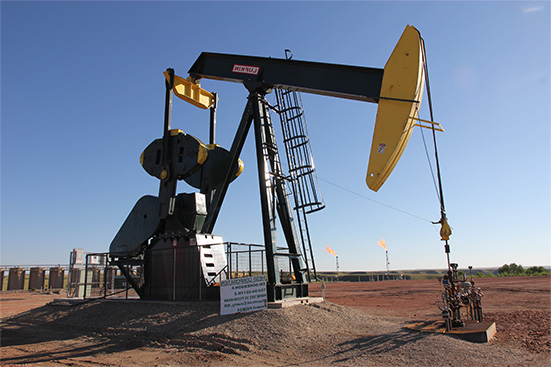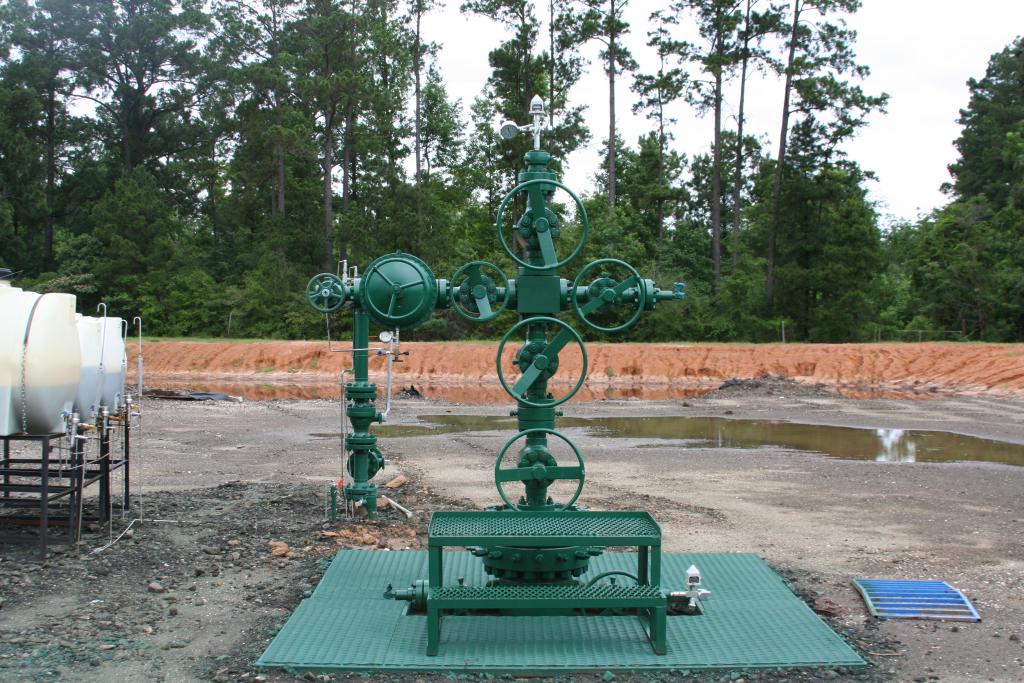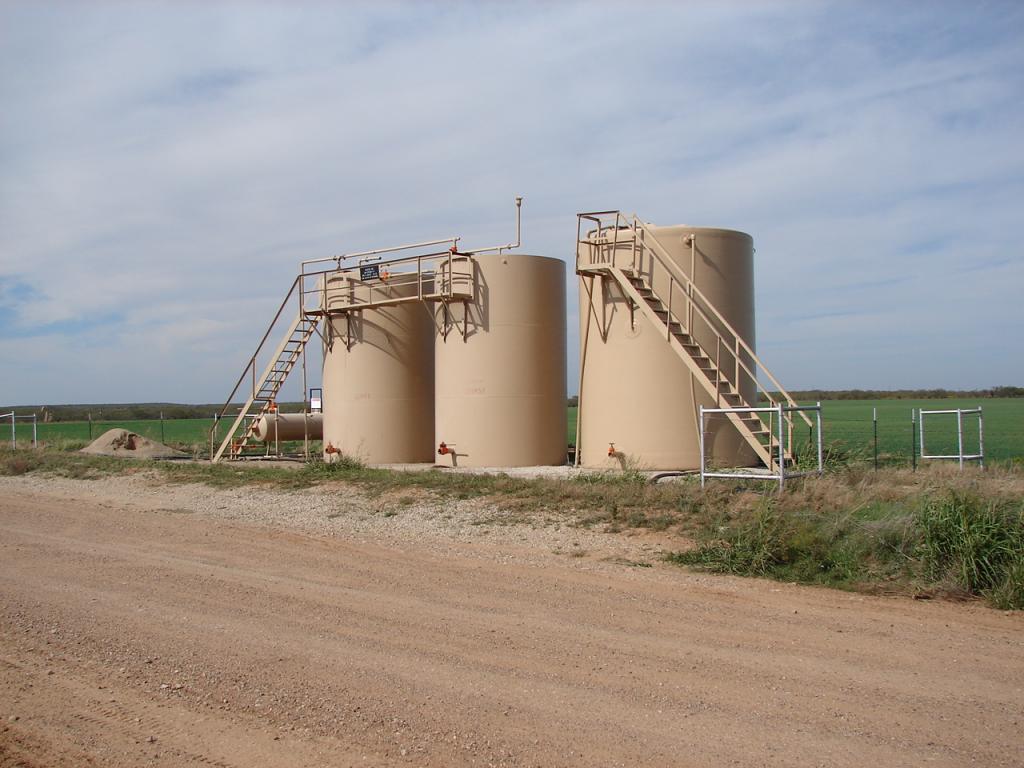Oil and Gas
Investing Insights
Exclusive insights on oil investing, tax breaks, diversified investment examples, and up-to-date coverage of the latest happenings in the oil market.

Best Ways to Invest in Oil and Gas
Oil and gas companies and investors: Did you know that the oil & gas industry has several major tax benefits not found anywhere else in the tax code?
FEATURED INSIGHTS ON OIL AND GAS INVESTING OPPORTUNITIES
Explore investment opportunities in the energy sector with DW Energy. We provide free resources for investors, including insight on what to watch out for when investing in oil and gas.
Understanding Working Interests and Mineral Rights: What Every Oil and Gas Investor Should Know
Built to Bounce Back: What the 2020 Recovery Tells Us About Oil and Gas Resilience Today
Oil and Gas Investment Timeline: What to Expect After the Well Is Drilled
Advancements in Drilling Techniques That Are Boosting Productivity
What Every First-Time Oil and Gas Investor Should Know
U.S. Shale Production Trends to Watch in 2025
Investing in Oil & Gas
For investors who want to diversify outside of conventional or low yield investment environments, DW Energy is the expert at finding, developing and managing lucrative domestic oil and gas opportunities.
RECENT NEWS & INSIGHTS
2025 Trends: How Oil and Gas Operators Are Maximizing Efficiency
Mid-Year Outlook: What Oil and Gas Investors Should Watch in the Second Half of 2025
U.S. Energy Independence: A Key Factor Supporting Oil and Gas Investment
LATEST OIL INDUSTRY News
CONTACT DW ENERGY
We find, develop and manage the most lucrative domestic oil and gas investment opportunities for qualified and approved investors.
Frequently asked Questions
As opposed to importing for it, America needs domestic oil and gas production for its own economic growth, security, and sustainability. Hence, the government has provided unique tax incentives to encourage domestic oil and gas production.
– Intangible drilling Costs
Refer to the intangible expenses of drilling. These are labor-intensive expenditures related to expenses that you cannot resell like fuel, labor, hauling, chemicals, etc. Intangible drilling costs make up approximately 60 to 80 percent of the well cost and they are eligible to be 100 percent deductible in the year in which they occurred.
– Tangible Drilling Costs
Tangible drilling costs refer to costs incurred for the purchase of drilling equipment. They typically make up to about 20 percent of the expenses. These are 100 percent tax deductible, capitalized and depreciated over a 7-year period.
– Depletion Allowance
Considered as one of the most attractive benefits to qualified oil and gas investors, the depletion allowance excludes 15 percent of all gross income and production revenue from tax.
Natural gas and crude oil remain as the major sources of fuel on a global scale. These two most widely used energy sources have literally fueled the technological and industrial revolutions and continue to play a vital role in today’s market. The energy needs both on an international level and in the United States are continuously growing with the constant boom of technology and as brand-new opportunities present themselves. From fueling our vehicles, powering our industries, and providing everything from life-saving medical necessities to commonplace essentials, the role of natural oil and gas is undeniable.
Needless to say, investing in oil and gas has tremendous financial upside. Savvy investors are now abandoning the investment mainstream to take advantage of the unique set of opportunities that oil and gas investing provides – long-term passive income, significant tax benefits, high ROI potential, and portfolio diversification.
With expert assistance, any qualified and approved investor can get involved in this lucrative investment opportunity.
Direct investment with DW Energy allows the investor to be a part of a joint venture. The investor has a direct participation in all aspects of a project and is entitled to receive a share in the revenues or the profits it generates, allowing the investor the potential for greater return of investment plus excellent tax benefits.
Investing in oil and gas offers a strong combination of investment advantages:
– Unique tax incentives
– High ROI potential
– Long-term passive income generation
– Portfolio diversification
Read more about the benefits of oil and gas investing to qualified investors here.
BLOG POSTS
- What Every First-Time Oil and Gas Investor Should Know
- Regulatory Changes in the Oil and Gas Industry: What Investors Need to Know
- Strengthening Your Portfolio: Diversifying with Oil and Gas Investments
- A Guide to Year-End Tax Benefits for Oil and Gas Investors
- Global Giants: A Guide to the World’s Leading Shale Oil and Gas Reserves
CONTACT DW ENERGY
Oil and gas investors can benefit from several major tax benefits that are available nowhere else in the tax code.


